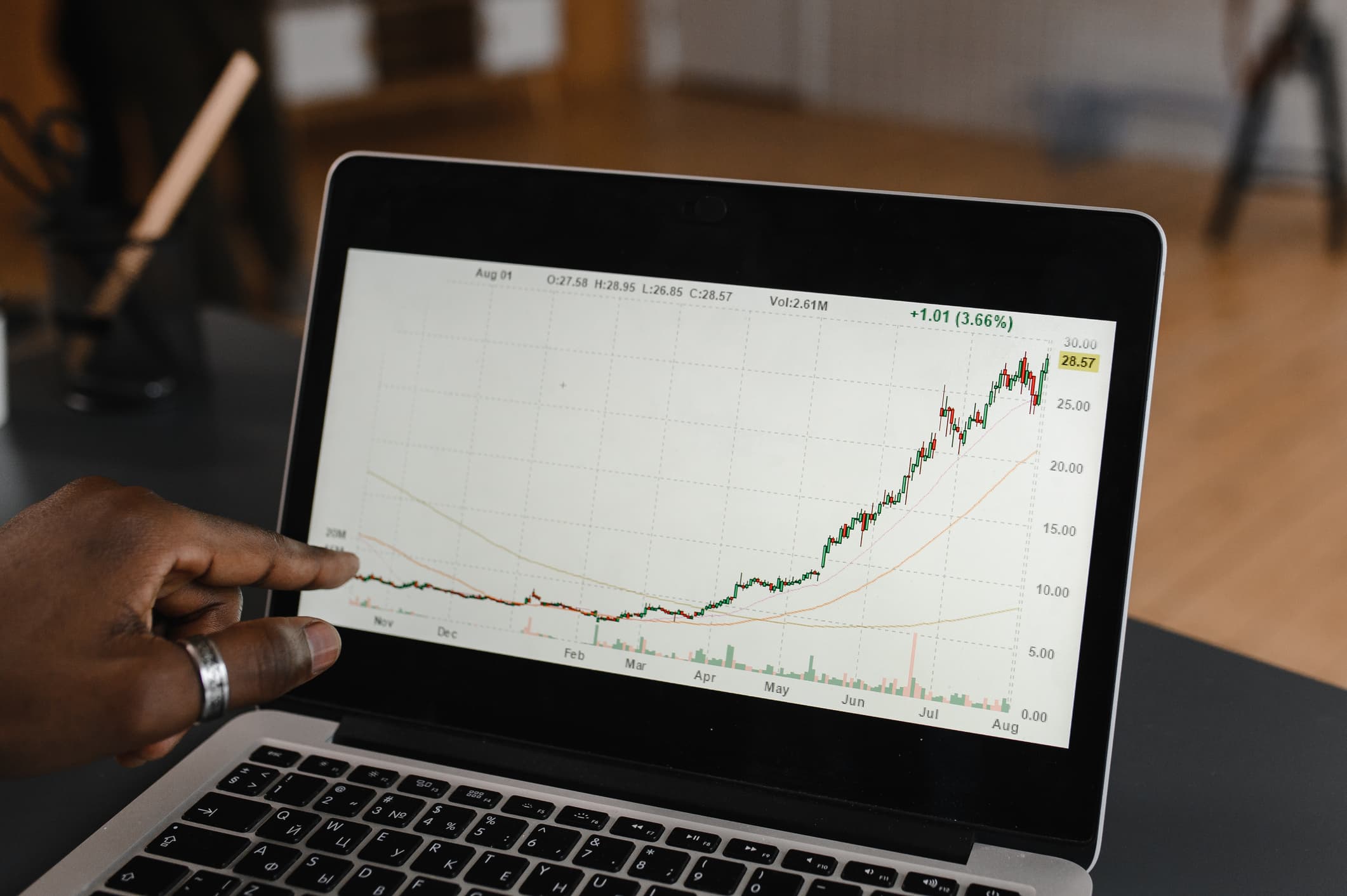Africa’s largest economy has received a positive assessment from Standard and Poor’s (S&P) Global Ratings, which upgraded the country’s credit outlook from negative to stable. The ratings agency cited the new government’s reform agenda as the main reason for the improved outlook.
Nigeria has received a positive assessment from Standard and Poor’s (S&P) Global Ratings. The ratings agency has upgraded the credit outlook of Africa’s largest economy from negative to stable. The new government’s ambitious reform agenda has been cited as the main reason for the improved outlook, with S&P keeping the sovereign rating at B-, which is six levels below investment grade.
This change in outlook comes after President Bola Tinubu, who took office in May, announced a series of bold policy moves to address some of the long-standing challenges facing the oil-rich nation. On inauguration day, Tinubu scrapped costly fuel subsidies, which have drained public finances and distorted the energy market.
He subsequently approved the suspension of the Central Bank of Nigeria (CBN) governor, Godwin Emefiele, with Folashodun Shonubi appointed as acting head. These moves have allowed for a more flexible exchange rate regime, allowing the naira to depreciate and unifying the multiple official and parallel rates that created distortions and discouraged foreign investment.
“The new government is moving ahead with a series of reforms that could, if delivered, benefit growth and fiscal outcomes,” analysts Ravi Bhatia, Samira Mensah, and Juili Pargaonkar reportedly wrote in a statement. “We believe these measures will gradually benefit Nigeria’s public finances and its balance of payments.”
Loading...
Iheakanwah Felix Arinzeh, a financial expert and doctor of business administration, tells FORBES AFRICA: “I can deduce that the upgrade is a vote of confidence in Tinubu’s ability to deliver on his promises. Recall that Tinubu has made economic reform a top priority of his presidency, and the upgrade suggests that S&P believes he is on the right track.
“Expectedly, the upgrade of Nigeria’s credit outlook is likely to have a number of positive implications for the country. It will make it easier for Nigeria to borrow money from international lenders, which will help to finance the government’s investment plans. It will also make Nigeria more attractive to foreign investors, which will help boost economic growth.
Arinzeh believes that the S&P credit outlook upgrade is also a major boost for Tinubu’s presidency and his planned reforms.
“It is a sign that the international community is supportive of his efforts to improve Nigeria’s economy, and it will make it easier for him to implement his plans.”
Nigeria still faces significant economic and social challenges, such as high fiscal spending, low revenue mobilization, high inflation, weak governance, and security issues. However, the ratings agency projected that the elimination of the petrol subsidy and the securitization of the ways and means advances will generate fiscal savings of around 2.5% of Gross Domestic Product (GDP) in 2023.
S&P also warned of potential geopolitical risks stemming from the recent coup in neighboring Niger, where a military junta overthrew President Mohamed Bazoum on July 26. Niger is a key partner of Nigeria in the fight against militants in the Sahel region, where groups such as Boko Haram have been active for years.
The coup has raised concerns about the stability and security of the region, as well as the prospects for democratic transition and regional cooperation.
Loading...
